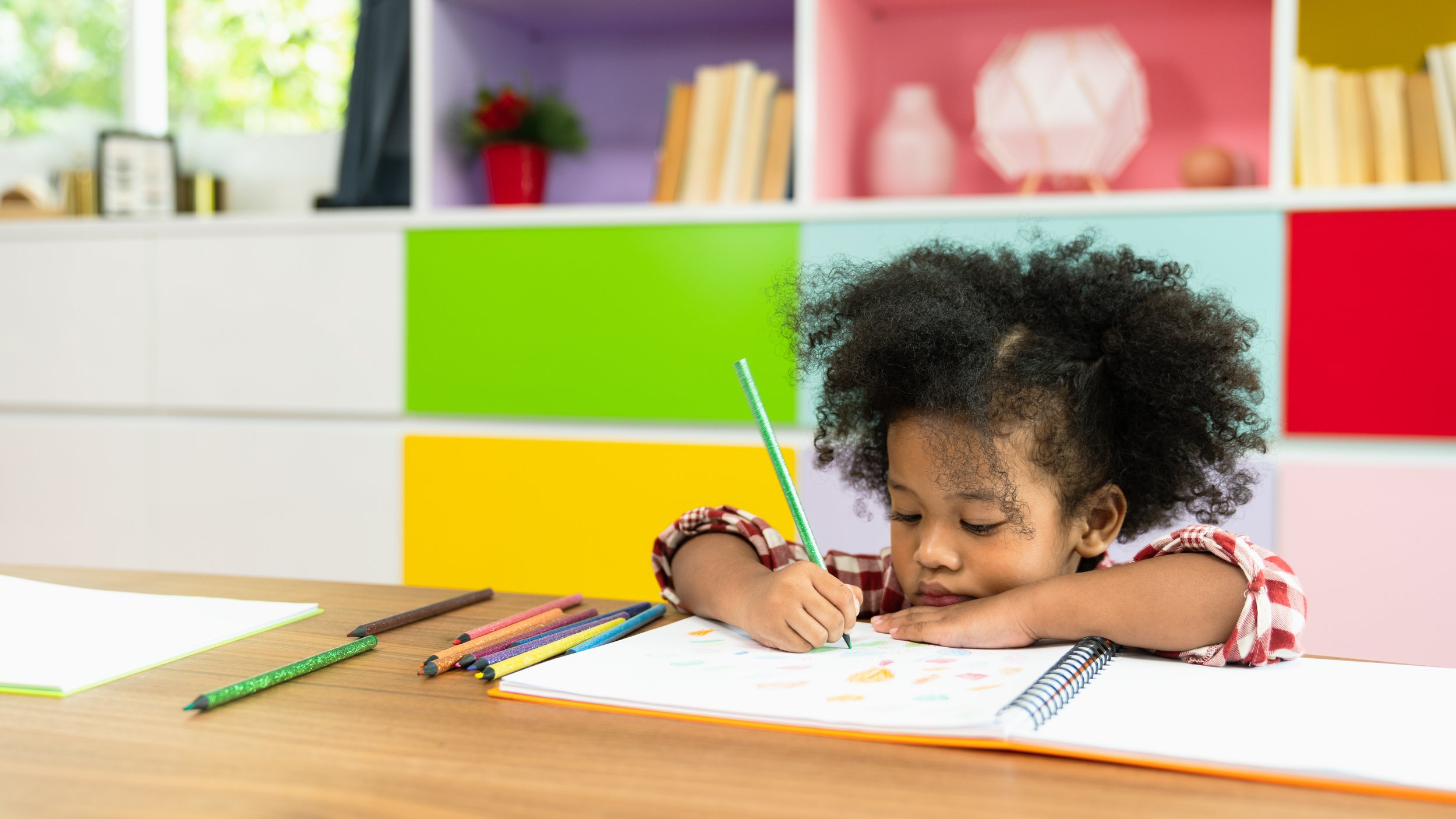
A better future. One child at a time.
The Early Learning Coalition of Flagler and Volusia Counties (ELCFV) is your non-profit partner for giving all children the chance to thrive through quality early care and education.
We connect families to child care, fund program improvements, and support educators, all to prepare children for success in school and life, because early learning lays the foundation for a bright future and strong community.
Services for families
The Early Learning Coalition of Flagler and Volusia offers comprehensive support for families with children aged birth to 13, including developmental screenings and assistance with child care costs.
Early childhood educators hub
Whether you’re a veteran in the field of early childhood education or you’re just starting out, discover opportunities to enhance your impact on the lives of our community’s children, with resources and services to help you hone your skills, chart a successful career path, and ultimately improve the quality of care delivered in early childhood programs.
Community
Interested in joining ELCFV? Learn about volunteer and internship openings, ways to donate and support Flagler and Volusia families, and other opportunities to get involved.
-

Warm Line
For families and providers needing extra support with challenging behaviors or special needs referrals, call the Warm Line at 386-323-2400 ext. 8804 to speak with an Developmental Health Specialist.
-

Voluntary Prekindergarten (VPK)
The Voluntary Prekindergarten Program (VPK) is a free prekindergarten program for 4 and some 5-year-olds who reside in Florida, preparing them for kindergarten and beyond.
-

School Readiness
The School Readiness (SR) Program helps Flagler and Volusia families with the cost of child care.
-

Child Care Resource & Referral (CCR&R)
CCR&R is available to help families find quality child care, community resources, child care discounts, developmental screenings and more.



